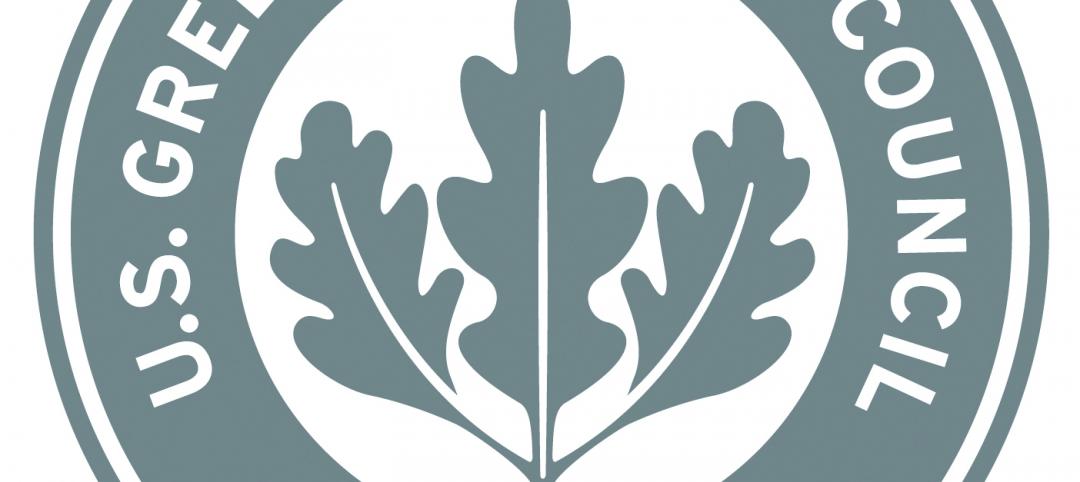The Centers for Disease Control and Prevention issued a report on the Occupational Safety and Health Administration’s review of 20 heat-related enforcement cases from 2012 to 2013. The key finding: CDC supports OSHA’s analysis suggesting that the primary risk factor for heat fatalities is the lack of acclimatization programs.
Of the 13 enforcement cases described in the CDC’s Morbidity and Mortality Weekly Report that involved worker fatalities, nine of the deaths occurred in the first three days of working on the job, and four of them occurred on the worker’s first day. In all 20 cases, heat illness prevention programs were found to be incomplete or absent, and no provision was made for acclimatizing new workers to heat.
Acclimatization is a critical part of preventing heat illnesses and fatalities, and workers should gradually build up workloads and exposure to heat by taking frequent breaks for water and rest in shade or air conditioning, OSHA says. OSHA’s national Campaign to Prevent Heat Illness in Workers raises awareness about the risks for heat-related illness or death and provides tools to help prevent them.
The agency recommends that employers have prevention programs that include oversight, hazard identification, a formal acclimatization program, modified work schedules as necessary, training, and emergency planning to prevent heat-related fatalities. OSHA has a free application for mobile devices that enables workers and supervisors to monitor the heat index at their work sites. For more information and resources in English and Spanish see www.osha.gov/heat.
(http://content.govdelivery.com/accounts/USDOL/bulletins/c8b77e)
Related Stories
| May 31, 2012
Natural gas industry opposes federal carbon-neutral construction rule
The natural gas industry and some allies are working to block a federal green building rule that was expected to be a national model for carbon-neutral construction.
| May 31, 2012
Lawsuits push the legal boundaries of green building definition
This article explores some legal issues stemming from lawsuits in which plaintiffs have charged developers with not delivering on a promised level of sustainability.
| May 31, 2012
ANSI approves Green Building Initiative’s design standard
The Green Building Initiative (GBI), a Portland, Ore. nonprofit organization, has had its new consensus-based standard for the design, construction, and operations of environmentally friendly buildings approved by the American National Standards Institute (ANSI).
| May 31, 2012
USGBC testing Minnesota buildings to see if they are living up to LEED standards
The Minnesota chapter of the U.S. Green Building Council (USGBC) has teamed up with EnergyPrint, a St. Paul, Minn. energy consulting firm, to study the energy and water use of more than 150 buildings in the state that have LEED certification.
| May 29, 2012
Reconstruction Awards Entry Information
Download a PDF of the Entry Information at the bottom of this page.
| May 25, 2012
Major retail chains welcome LEED Volume option
Large national chains such as Starbucks, Marriott, Verizon, and Kohl’s are welcoming the LEED Volume Program that enables them to batch certify similar projects.
| May 25, 2012
Alaska’s okay of gravel aggregate with naturally occurring asbestos opens up development
Some long-delayed projects in the Upper Kobuk region of Alaska may now move forward thanks to legislation that allows construction in areas that have naturally occurring asbestos.
| May 25, 2012
Las Vegas building codes may thwart innovative shipping container development
A developer wants to build a commercial development out of steel shipping containers in Las Vegas, but city codes would have to be altered or the project would have to obtain waivers for it to receive the city’s go-ahead.
| May 25, 2012
Collapse of Brooklyn building that killed worker blamed on improperly braced frame
The Occupational Safety and Health Administration cited SP&K Construction with 11 safety violations, for which it could face more than $77,000 in fines.










